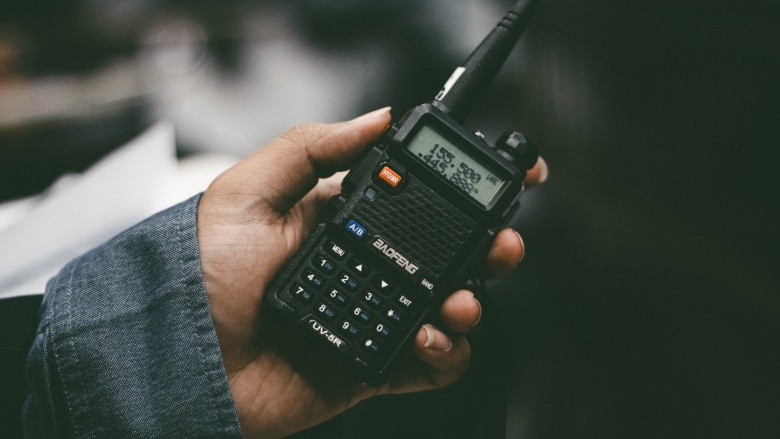
In today's digital age, where communication is instantaneous and ubiquitous, it is easy to overlook the humble beginnings of one of the most influential inventions of the 19th century – the radio. Developed by numerous inventors and scientists, the radio has revolutionized the way we communicate, entertain, and gather information. In this blog post, we will delve into the fascinating history of radio and explore its first uses, shedding light on its profound impact on society.
- Wireless Telegraphy: The Birth of Radio Communication
The first practical application of radio technology was in wireless telegraphy. In the late 19th century, inventors like Guglielmo Marconi and Nikola Tesla made significant strides in transmitting telegraph signals without the need for physical wires. This breakthrough allowed for long-distance communication, transforming the way messages were sent and received across vast distances. - Maritime Communication: Enhancing Safety at Sea
One of the earliest and most critical uses of radio was in maritime communication. Prior to radio, ships relied on visual signals or flags to communicate with each other or with shore stations. With the advent of radio, distress signals, weather reports, and navigational information could be transmitted in real-time, greatly enhancing the safety and efficiency of maritime travel. The sinking of the Titanic in 1912 highlighted the importance of radio communication, as distress signals sent via radio played a crucial role in saving lives. - Broadcasting: Entertaining and Informing the Masses
The introduction of broadcasting marked a turning point in the history of radio. In the early 20th century, radio stations began transmitting music, news, and entertainment programs to a wide audience. This newfound ability to reach millions of people simultaneously transformed the way information was disseminated and consumed. Radio became a source of entertainment, education, and news, shaping popular culture and fostering a sense of community. - Military Applications: Radio in Times of War
During World War I and subsequent conflicts, radio technology played a vital role in military operations. Radios were used for communication between troops, coordinating movements, and relaying important intelligence. The ability to transmit messages quickly and securely revolutionized warfare, giving commanders a significant advantage on the battlefield. - Scientific Research: Unlocking the Secrets of the Universe
Radio waves have also been instrumental in advancing scientific research. Astronomers, for instance, use radio telescopes to study celestial objects and phenomena that emit radio waves. This branch of astronomy, known as radio astronomy, has provided invaluable insights into the universe, revealing cosmic phenomena such as pulsars, quasars, and the cosmic microwave background radiation.
Conclusion:
From its humble beginnings in wireless telegraphy to its transformative impact on communication, entertainment, and scientific research, radio has left an indelible mark on society. Its first uses paved the way for countless innovations and technologies that we rely on today. As we celebrate the achievements of radio, let us not forget the pioneers who harnessed its power and forever changed the way we connect with the world.




